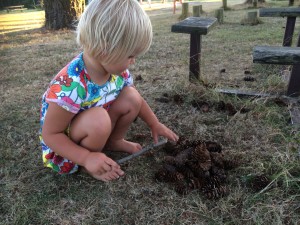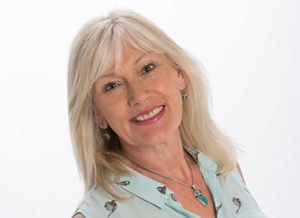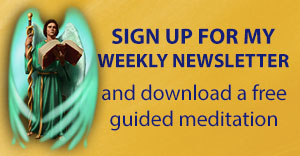 Watching children play is such fun. Have you ever watched a little one play on his/her own from the corner of your eye whilst pretending to be busily pre-occupied with something else? I love it. Not only does it make me smile but as an ‘amateur psychologist’ it can be highly educational – as well as very entertaining. How to do that without intruding, interfering or spoiling the enchantment and innocence of their game is a skill I’m practicing as I spend time enjoying babysitting duties with the younger members of my growing clan.
Watching children play is such fun. Have you ever watched a little one play on his/her own from the corner of your eye whilst pretending to be busily pre-occupied with something else? I love it. Not only does it make me smile but as an ‘amateur psychologist’ it can be highly educational – as well as very entertaining. How to do that without intruding, interfering or spoiling the enchantment and innocence of their game is a skill I’m practicing as I spend time enjoying babysitting duties with the younger members of my growing clan.
Playing on my own was something I did automatically in a one-child family setting. Parenting skills at that time, in the nineteen fifties, didn’t include all the current guidelines about ‘socialising’ children and as much as I probably needed to learn how to interact with other children I was happy to play on my own, or with Grandad! But these grandkids of mine are all from larger families and all have siblings of similar age – yet even in a room full of people they sometimes still like to play on their own. It seems to be very important in child development and as they play, creating conversations with any little thing (not necessarily toys) they can find, it demonstrates their sense of relationship. Even the salt and pepper pots or knives and forks, daisies and buttercups can get involved in a conversation, or an argument. Relationship starts from birth, and is possibly the most important aspect of psychological, intellectual, spiritual and emotional development in our human life.
Relationships. Always and forever human beings will spend their entire lifetime worrying about, working on, ignoring, building or rejecting their relationships. Starting from tiny I know I worried about the relationship between mummy and daddy, then at school it was my relationship with friends, teachers, dinner-ladies, then on to worrying about high school friendships and the complicated relationship we develop with our own body. As we grow there are new and different types of relationships with teachers, some difficult, and by mid teens getting to build relationships with boyfriends and their families. After school we meet even harder relationships with colleagues and bosses. Working relationships aren’t easy are they?
Then comes partnership and possible marriage between two people, and the family dynamics that change again when children arrive on the scene. And so it goes on.
But what about our relationship to self? Do you listen to your higher self? Do you practice listening to your inner voice, the deep knowing of intuition? Are you sufficiently comfortable with your spiritual life that your relationship with God and the angels brings all the answers you need on a daily basis? Or have you given that authority away to someone you’re in relationship with. Just asking.
Our human emotional need to be in a relationship with one special other is so fascinating that it has been observed, scribed, debated, and studied by philosophers for millennia, way before the modern study of psychology by scholars like Freud and Jung. Everything in the universe relates to everything else. We are in this great cosmic soup together and yet we seem to spend our entire life fretting about the relationship we are currently in (or not) with a significant other rather than developing the emotional connection within our own self. If our relationships are good we feel good. If we are not in a happy relationship we feel rotten too. Don’t we? But what does that tell us about our self? How else can we support ourselves to be independent, and whole?
There will always be people we don’t like, that we don’t agree with. Just there’s light and shade, night and day, yin and yang, because the world is created with opposites.. Discernment enables us to choose which aspects of other people’s nature is compatible with our own, and sometimes we have to reject other opinions and reach a level of maturity where we learn how to do that and also keep the peace.
Wouldn’t life be perfect if we felt so secure in our relationship within our self, to our higher self, that we were so congruent, so connected and grounded that no other personal relationship could ever knock us off centre. There would be discussion rather than argument, love rather than hate, companionship rather than rivalry and we would all be supporting rather than undermining one another. Is that just a Utopian dream?
Driving home from school the other day my ten year old grandson asked: “Nanny, what does Heaven actually look like?”
“Well” I slowly answered. “No-one really knows exactly. But some people have said they have experienced a sense of feeling it when they have had what’s called a ‘near death experience’ after a car accident or during an operation. It seems to be like stepping into the brightest light just like the middle of the sun. And it feels like the most happy and loving feeling you can imagine. You know how happy you felt when you saw rainbows when you were little, and when you are running in and out of the waves on holiday, and when you were tiny snuggled up with mummy or daddy feeling safe after a bedtime story … and when you feel exhilarated after scoring the winning goal, … and wake up on Christmas morning and Santa has been . Try to think of all those feelings all at once then multiply it by a trillion …. ”
“Hm, and so, ….. is that what its like then when we are dead?”
“Yep, … I believe it is”.


